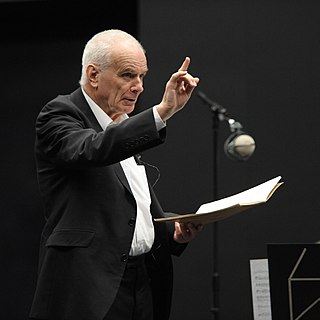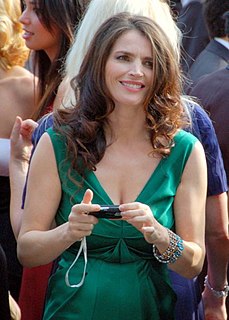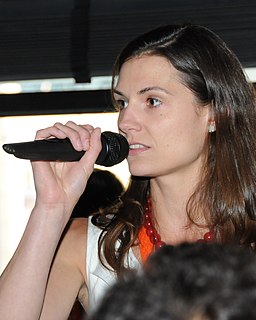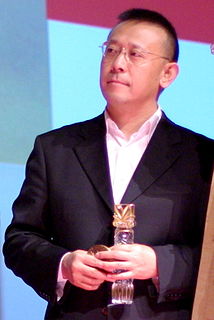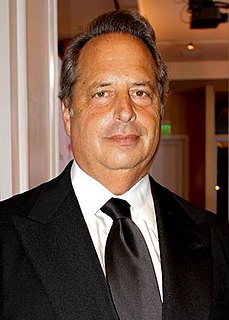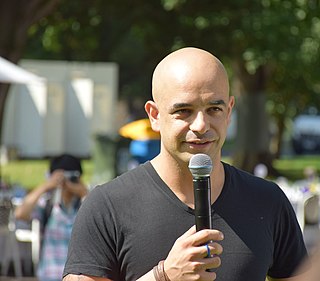A Quote by Jim Harrison
The answer is always in the entire story, not a piece of it.
Related Quotes
The director makes the movie. The director has to have the story in their head, has to know the style of the piece, has to answer questions from actors, design, set, lighting, every department throughout the pre-production, production, and post-production, because they've got it in their mind. They've got to know exactly what they want and what the style and story of the movie is. It's them. They make it.
No matter what happens with technology or whether you're in traditional animation or stop-motion or CG, the biggest challenge always is story. The flow of making the movie is usually determined by how your story is coming together, and when your story is straining and you can't quite get your hands around it, your entire production is straining.
I never buy anything unless I can fill out on a piece of paper my reasons. I may be wrong, but I would know the answer to that ...I'm paying $32 billion today for the Coca Cola Company because... If you can't answer that question, you shouldn't buy it. If you can answer that question, and you do it a few times, you'll make a lot of money.






